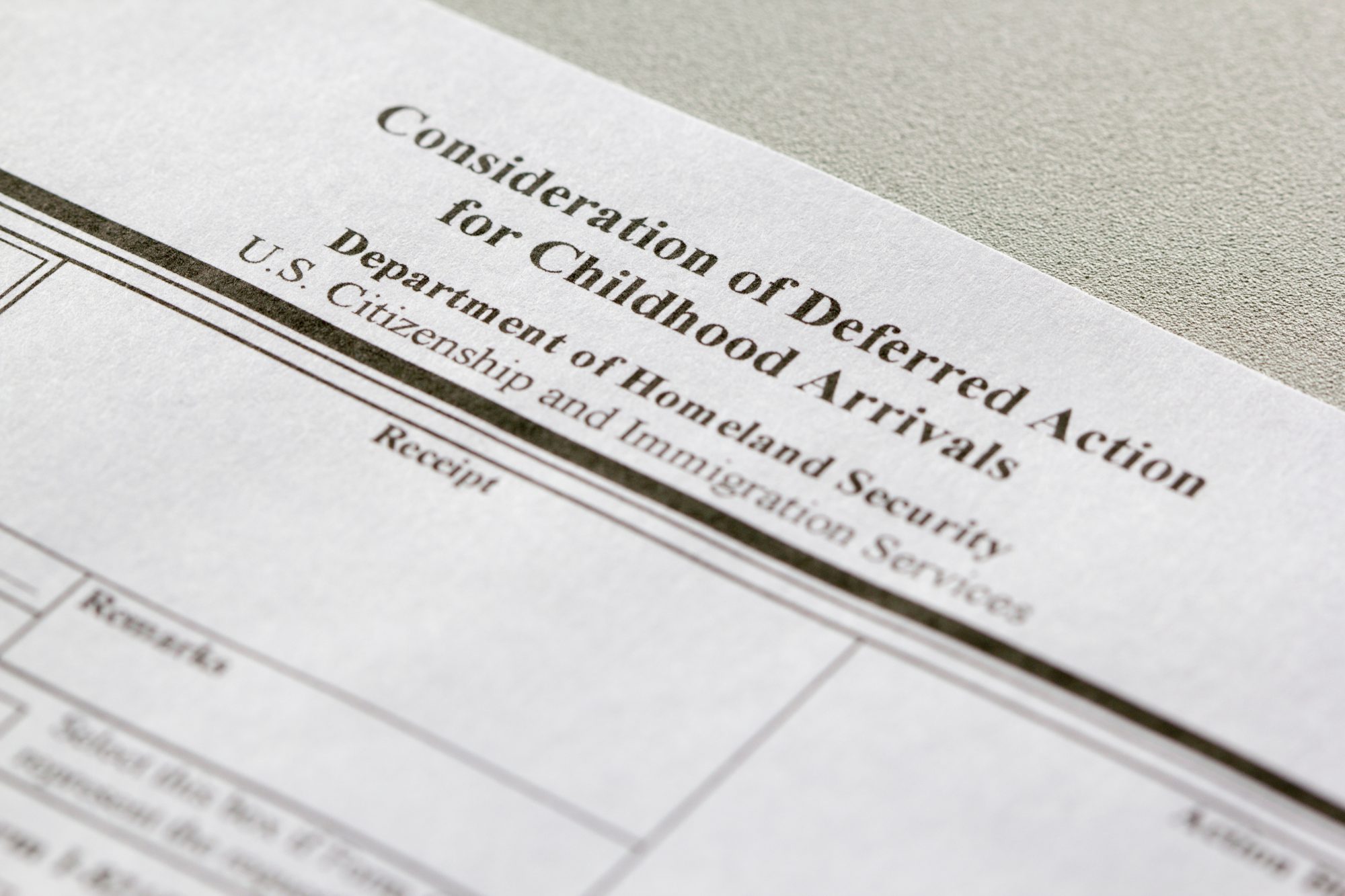Our Blog
Oct 27, 2025
When Can I Change My Name During Divorce?
A divorce marks a significant life transition, and for many, reclaiming a former name is a powerful step toward a new beginning. Deciding to change your name is a personal choice that symbolizes a return to your own identity. The process, however, involves specific legal steps that are best handled with care and precision. Understanding the timing and procedures can make the transition feel less overwhelming.
This blog will cover the essential aspects of changing your name during a divorce in Indiana:
- The best time to request a name change.
- The legal steps required to make it official.
- The necessary documentation you will need.
- The impact on your personal and professional identity.
At Villarrubia & Rosenberger, P.C., we have guided countless clients through the complexities of divorce. We understand that this process is not just a legal matter but a deeply personal journey, and we are committed to providing the compassionate support you need.
Is It Possible to Revert to My Maiden Name?
Yes, absolutely. In Indiana, it is very common for individuals to request the restoration of their former or maiden name as part of the divorce decree. This is often the simplest and most direct way to handle a name change. By including this request in your divorce filing, the judge can make it part of the final court order, streamlining the entire process.
What Are the Legal Steps for Changing My Name During Divorce?
The most efficient way to change your name is to address it during the divorce proceedings. Here’s how it generally works:
1. Include the Request in Your Petition: When you or your spouse file the initial Petition for Dissolution of Marriage, you can include a request to restore your former name. This officially puts the issue before the court from the beginning.
2. Finalize in the Divorce Decree: The name change will be included in the final settlement agreement and the Decree of Dissolution. Once the judge signs the decree, your name is legally changed. This court order serves as the official document you will use to update your name elsewhere.
3. What if I Decide After the Divorce? If you don’t request the name change during the divorce, you can still do it later. However, this requires a separate court petition, which can be more time-consuming and may involve additional filing fees and a court hearing.
How Soon Can I Start Using My New Name Legally?
You can legally start using your former name as soon as the judge signs the final divorce decree that includes the name change order. This signed decree is your official proof. With a certified copy of this document, you can begin the important process of updating your identity on all official records.
Updating Your Documents and Accounts
Once your name change is legally finalized, you will need to update your name with various agencies and institutions. This is a critical step to ensure your legal, financial, and personal records are consistent. Be prepared to update your:
- Social Security card
- Driver’s license or state ID
- Passport
- Bank accounts and credit cards
- Voter registration
- Employment records and professional licenses
- Post office and utility companies
A Trusted Partner for Your New Chapter
Choosing to change your name is a meaningful part of moving forward after a divorce. While the legal and administrative steps involved in the divorce can seem daunting, you do not have to navigate them alone. The attorneys at Villarrubia & Rosenberger, P.C. have extensive experience in Indiana family law and are here to ensure the process is handled smoothly and efficiently. We treat our clients like family, offering the empathetic and skilled representation you need to confidently step into your future. Contact us today to schedule a consultation with our dedicated family law team.
We just want to say thank you, Villarrubia & Rosenberger, and the entire team for the great service given to us during the process of our case. It was not easy, but your experience made everything go smoothly. We appreciate the patience and professionalism. Sincerely,…
Diana B.
Thank you very much for the services provided. Tabitha Villarrubia is a very caring, sensitive and patience attorney. Always answered our questions and concerns. We are very please with the process, knowledge and outcome. Mil Gracias.
Leonardo O.

Get In Touch With Us
Schedule a Consultation!


